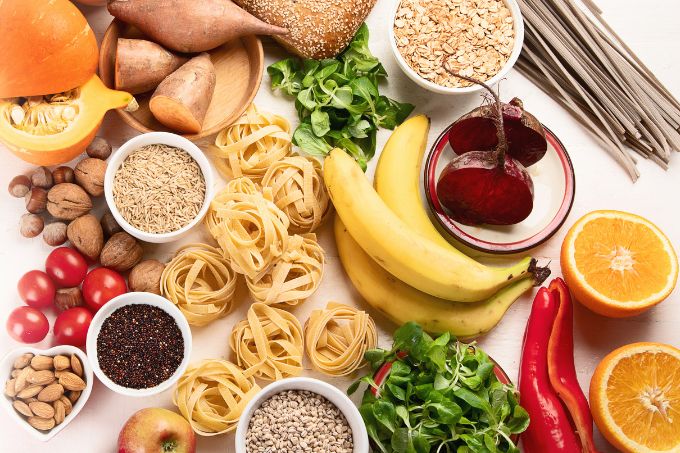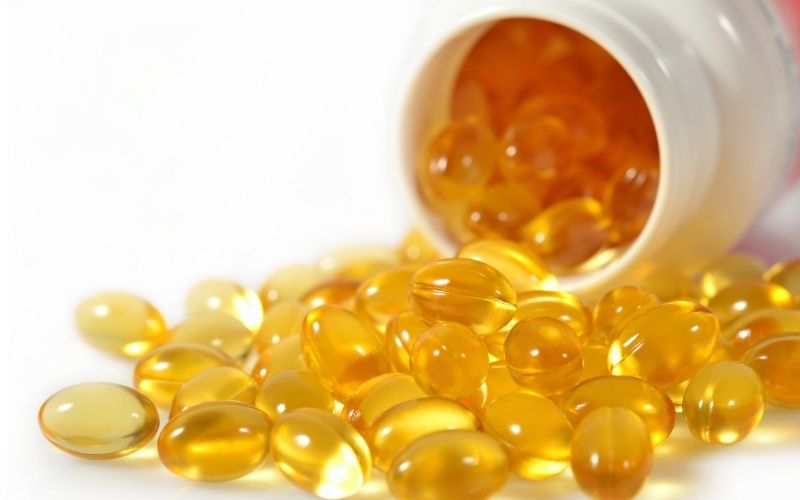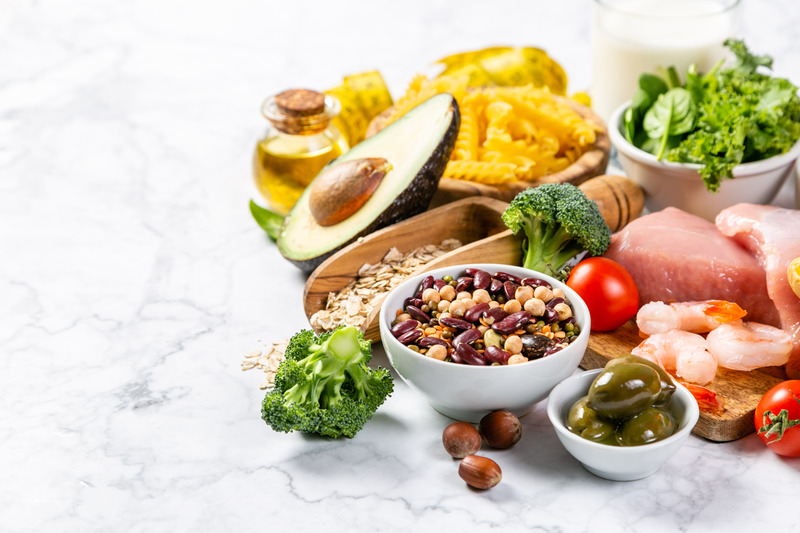
Carbohydrates are an essential macronutrient that our bodies use for energy. They come in many forms, including sugars, starches, and fibers. However, for individuals with gout, consuming certain types of carbohydrates can trigger flare-ups and exacerbate symptoms.
How carbohydrates can exacerbate gout symptoms
One of the main dietary triggers for gout is the consumption of purine-rich foods, such as organ meats, anchovies, and sardines. However, research has also shown that a high intake of carbohydrates can also contribute to gout symptoms.
One study found that individuals with gout who consumed a diet high in refined carbohydrates, such as white bread, pasta, and sugary drinks, had a higher risk of gout attacks compared to those who consumed a diet low in refined carbohydrates. This is because refined carbohydrates are rapidly broken down and absorbed by the body, which can lead to a spike in blood sugar and insulin levels. These spikes can increase the production of uric acid and contribute to gout symptoms.
Another study found that individuals with gout who consumed a diet high in fructose, a type of sugar found in many processed foods and sweetened drinks, had a higher risk of gout attacks. Fructose consumption has been linked to an increase in uric acid production and a decrease in the excretion of uric acid by the kidneys.
Managing gout with carbohydrates
It is important for individuals with gout to manage their carbohydrate intake by choosing whole, unrefined carbohydrates such as whole grains, fruits, and vegetables. These foods are absorbed more slowly by the body and are less likely to trigger a gout attack. It is also important to limit the intake of foods high in purines and fructose.
Is low carb diet good for uric acid?
A low-carb diet may help lower uric acid levels by decreasing the production of uric acid and increasing its excretion by the kidneys. However, it is important to note that a low-carb diet is not appropriate for everyone and should be discussed with a healthcare provider before starting. Additionally, a low-carb diet should be well-planned to ensure that it includes nutrient-dense sources of protein and healthy fats. Individuals with gout should also be mindful of the types of carbohydrates they are consuming and prioritize whole, unrefined carbohydrates over those that are highly refined and high in fructose.
Conclusion
In conclusion, carbohydrates can be a trigger for gout symptoms in certain individuals. It is important for individuals with gout to manage their carbohydrate intake by choosing whole, unrefined carbohydrates and limiting their intake of foods high in purines and fructose. Along with dietary changes, individuals with gout should also work with their healthcare provider to manage their condition with medication and lifestyle changes.
Suggested articles:
– Gout and Artificial Sweeteners – What Is the Connection?
– How to Get Rid of Gout – Short & Long-Term Remedies
– Snacks for Gout – What Snacks Can You Eat with Gout?
– Gout And Potatoes – Are Potatoes Bad For Gout?
– 6 Tips for Preventing Gout
The Gout Eraser™: The all-natural guide for permanent gout removal
The Gout Eraser™ is a short, to the point guide on how to reverse gout symptoms without ever leaving your home. The guide goes into extensive detail on exactly what you need to do to safely, effectively and permanently get rid of gout, and you are GUARANTEED to see dramatic improvements in days if not hours.
To learn more about The Gout Eraser™ system, check out the following free video presentation: The Gout Eraser™





